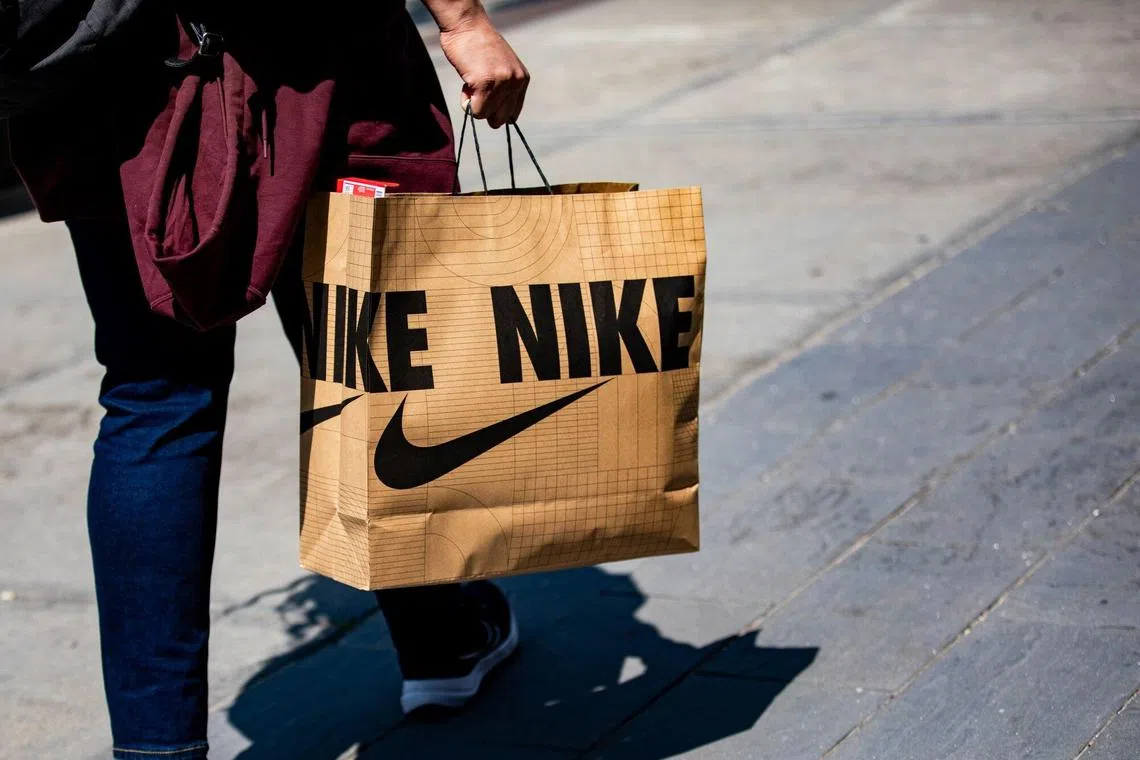US consumer prices rose 0.1% in May, less than forecast for fourth month
Sign up now: Get ST's newsletters delivered to your inbox

Economists polled by Reuters had forecast the CPI climbing 0.2 per cent and increasing 2.5 per cent year on year.
PHOTO: BLOOMBERG
WASHINGTON - US consumer prices increased marginally in May amid cheaper gasoline, but inflation is expected to accelerate in the coming months on the back of the Trump administration’s import tariffs.
The Consumer Price Index (CPI) increased 0.1 per cent in May after rising 0.2 per cent in April, the Labour Department’s Bureau of Labour Statistics said on June 11. In the 12 months through May, the CPI advanced 2.4 per cent after gaining 2.3 per cent in April.
Economists polled by Reuters had forecast the CPI climbing 0.2 per cent and increasing 2.5 per cent year on year.
Excluding the volatile food and energy components, the CPI gained 0.1 per cent, after rising 0.2 per cent in April. In the 12 months through May, the so-called core CPI inflation increased 2.8 per cent after rising 2.8 per cent in April.
The US Federal Reserve tracks different inflation gauges for its 2 per cent target. The US central bank is expected to leave its benchmark overnight interest rate in the 4.25 per cent to 4.5 per cent range on June 18 while policymakers monitor the economic impact of the tariffs.
Treasuries rallied, the dollar declined and S&P 500 futures advanced after the report. Interest rate swaps showed traders see a 75 per cent probability that the Fed will cut borrowing costs by September.
With underlying US inflation rising in May by less than forecast for the fourth month in a row, it suggests that companies are finding ways to limit how much of the higher costs from tariffs they pass on to customers.
The report showed goods prices, excluding food and energy commodities, were unchanged, suggesting higher costs from tariffs are yet to be passed on to consumers. New and used car prices both declined, as did apparel prices.
Meanwhile, prices of services minus energy rose 0.2 per cent, a deceleration from the prior month.
The string of below-forecast inflation readings add to evidence that consumers have yet to feel the pinch of US President Donald Trump’s tariffs – perhaps because the most punitive levies are temporarily on pause, or thanks to companies so far absorbing the extra costs.
However, if higher tariffs set in, shielding consumers from those costs will become more difficult, which is partly why economists expect firms to raise prices more meaningfully in the coming months. REUTERS, BLOOMBERG


